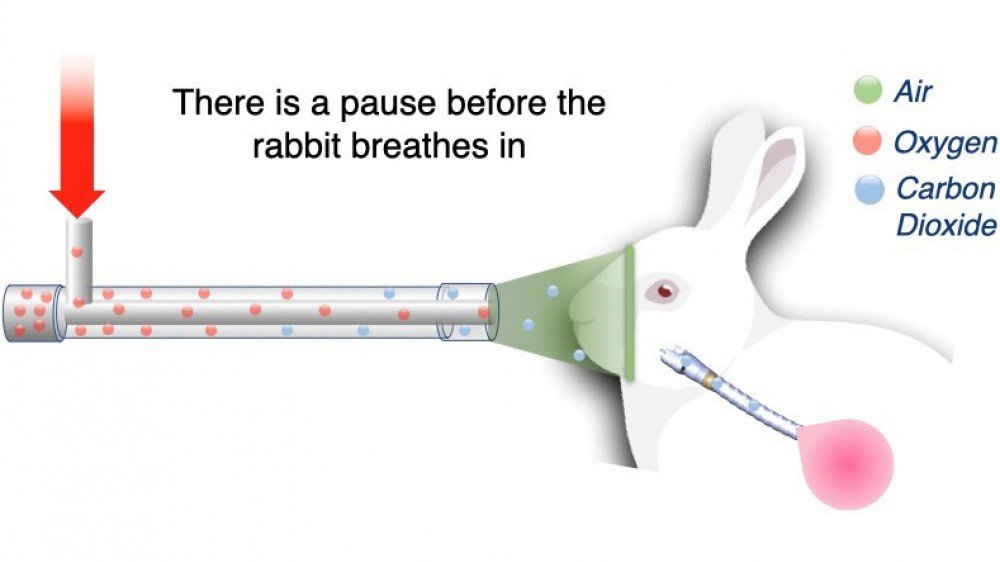Advantages of online learning


FLAIRE Consultants have been working since 2014 to support the training of those working with laboratory animals through developing e-learning resources. Previous funding from the NC3Rs enabled us to develop modules for pain and distress assessment (EU5), euthanasia (EU6) and anaesthesia (EU20). Further funding enabled us to develop eight additional modules that encompass the learning outcomes for advanced anaesthesia (EU21). We have also developed a series of modules funded by the European Commission, on project design (EU10 and 11), project evaluation (EU 25) and severity assessment (EU12).
All of the modules provide a mix of easy-to-access information and problem-solving scenarios. In all of the modules, lessons are interspersed with questions to allow for self-assessment.
You may wonder why we have spent so much time and effort on developing e-learning modules – isn’t it easier to deliver a few seminars every few months? I have spent several weeks every year for the last few decades doing just that, and would never want e-learning to replace this form of training. However, COVID-19 forced many of us to consider different approaches to learning, which has led us to think more about what each approach has to offer.
When Jon and I first started working on e-learning, we developed a “script” and assorted support materials. As we reviewed our work, we made our first realisation about the benefits of an e-learning package: it consistently delivered material that addressed all the required learning outcomes. The second realisation we made was that audiences, however highly motivated, have a limited attention span (allegedly around 10 minutes, though the evidence base for this is very poor). One approach used by lecturers is to break up the lecture with questions – sometimes we even get answers! This approach is also easy to implement in e-learning, and it can even go one better by requiring the student to provide an answer.
Another key advantage that we’ve found in blending face-to-face sessions with e-learning is that it allows students to take some control of when and where they learn. Many training courses are delivered in intensive sessions over a number of days. This may suit some participants who otherwise could not devote time to training, but for others it may prove disruptive to their work schedule. It also doesn’t allow participants to mix learning activities with other tasks. The added flexibility of a blended approach supports those who want to learn in intense bouts, but also those who want to integrate training into their overall workload. Making e-learning resources available on mobile devices and breaking up material into short lessons makes it even easier for people to make use of otherwise unproductive chunks of time – for example, the 30 minutes spent waiting for a lab test to provide results.
So, if we integrate e-learning into our training courses and it covers the required learning outcomes, what do we do in our face-to-face sessions (whether online or in person)? What we shouldn’t do is simply deliver the material in a traditional lecture format. Instead, we can use this time for interactive discussions, focusing on areas that seem to have been less well understood, which could be informed by metrics provided by e-learning. These sessions can also provide context relevant to participants within their particular research area or institution. Overall, lecturers and tutors will often need to dedicate less time to planning and running face-to-face sessions, freeing up time for other tasks. Using on-line resources also allows us to deliver learning more effectively, but that is a topic for another blog.
The training of new research workers often requires an ambitious set of learning outcomes to be delivered in a very short time. As well as resources for initial delivery, trainers also need resources that can provide ongoing information or be used for refresher training. E-learning is one way for us to deliver these resources, and we are grateful to the NC3Rs and the EU for their continued support of our work.


